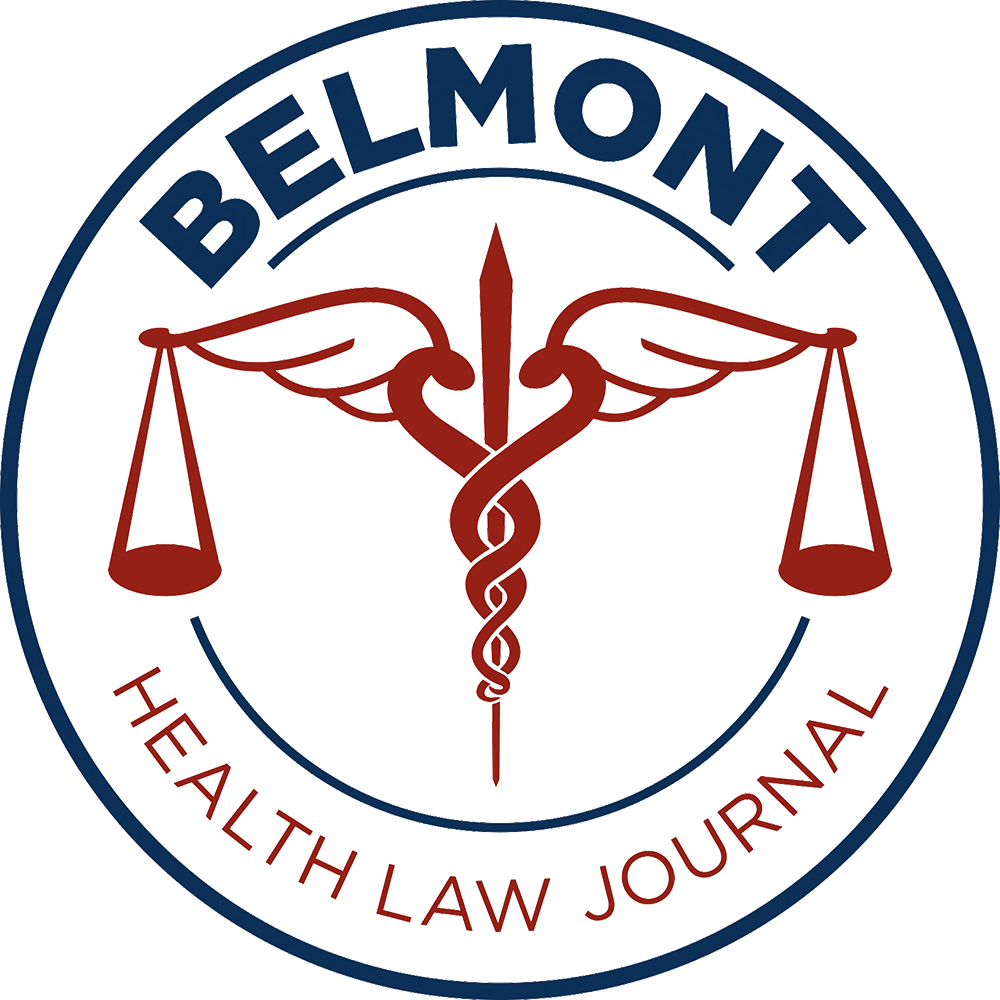Carissa Kohne, Class of 2022, Belmont Law
In 1946, congress passed the Federal Torts Claim Act (FTCA). The purpose of the FTCA was to allow citizens to recover from the government when a government employee engaged in tortious activity.[1] Prior to the FTCA, sovereign immunity barred individuals from receiving compensation for the tortious acts of government employees, which meant citizens could not recover for injuries caused to them, merely because they were caused by a government employee, and not a private citizen.[2] Therefore, Congress passed the FTCA to allow citizens to sue the government in federal court for the tortious acts of its employees and to recover from the government in the same way as they would be able to recover from a civilian for similar activities.[3] Nevertheless, the FTCA barred veterans from being able to recover from the Department of Veterans Affairs for injuries caused by medical negligence without first going through an administrative process.[4] As a result of the administrative process, many veterans have received compensation for their injuries at a rate that is far below fair market value.[5]
The Department of Veterans Affairs (VA) current administrative process is fraught with obstacles which prevent a veteran from adjudicating their claim quickly and efficiently.[6] Under the FTCA, before a veteran is ever allowed through the courthouse doors, the veteran is required file and administrative claim via the VA’s Form-95—or using the forms format–, and to await a decision from the VA,, before the veteran can file the claim in a federal court.[7] It is important to note that negligence claims against the United States by non-veterans against the government need not file a Form-95 nor are the claims required to be administratively reviewed before being adjudicated.[8]
The Form-95 must contain: 1) a detailed account as to the allegations being made; 2) the specific amount of money that the veteran is requesting in damages, known as a “sum certain;” 3) the signature of either the veteran or their attorney representative.[9] The individual must then mail the form to the VA’s office of general counsel in DC.[10]
After the veteran sends the Form-95, the VA is allowed six months to decide whether they will grant the veteran’s request for damages.[11] Only when the VA has issued a decision as to whether the VA will deny, settle, or grant the damages requested in the claim can an individual bring the case to a federal court.[12]
Unfortunately, there is an incentive for veterans to settle administratively because the administrative process is supposed to take no more than six months, whereas a lawsuit could last for years.[13] Because some victims of medical malpractice have little time left to live—like Thomas Breen who could not get receive timely care and died from cancer as a result–, and other victims are like children who would rather take one cookie than wait for the entire box of cookies, the VA’s administrative process leads to many veterans waiving their right to due process in exchange of an inadequate settlement in the present because they do not want or do not have time to wait an additional six months before beginning the arduous judicial process.[14] This results in veterans receiving less than $150,000, on average, for administrative claims, when they should be receiving $500,000 through the judicial system, or some fair settlement agreement that is in between the two options.[15] The VA’s unfair administrative process thus results in veterans receiving less in damages than they deserve.
[1] Brown, Paul Michaelson, Federal Torts Claim Act usab5806.pdf (justice.gov) (last visited Mar 30, 2022).
[2] Id.
[3] Id.
[4] Id.
[5] Id.
[6] Thomas Law Offices, Veteran malpractice: Filing a VA tort claim Thomas Law Offices (2021), https://www.thomaslawoffices.com/blog/veterans/veteran-malpractice-filing-a-va-tort-claim/ (last visited Apr 8, 2022).
[7] Id.
[8] Id.
[9] Id.
[10] Id.
[11] Id.
[12] Thomas Law Offices, Veteran malpractice: Filing a VA tort claim Thomas Law Offices (2021), https://www.thomaslawoffices.com/blog/veterans/veteran-malpractice-filing-a-va-tort-claim/ (last visited Apr 8, 2022).
[13] VETERANS AFFAIRS (VA) HOSPITAL MALPRACTICE LAWSUIT THE SCHMIDT FIRM, PLLC,
https://www.schmidtlaw.com/veterans-affairs-va-hospital-malpractice-lawsuit/#:~:text=In%20the%20last%20decade%2C%20Veterans%20Affairs%20%28VA%29%20hospitals,negligent%20doctor%2C%20you%20may%20be%20entitled%20to%20compensation. (last visited Apr 8, 2022).
[14] Price, Kaitlan COMMENT: FERES: THE “DOUBLE-EDGED SWORD”, 125 Dick. L. Rev. 745
[15] Id.
